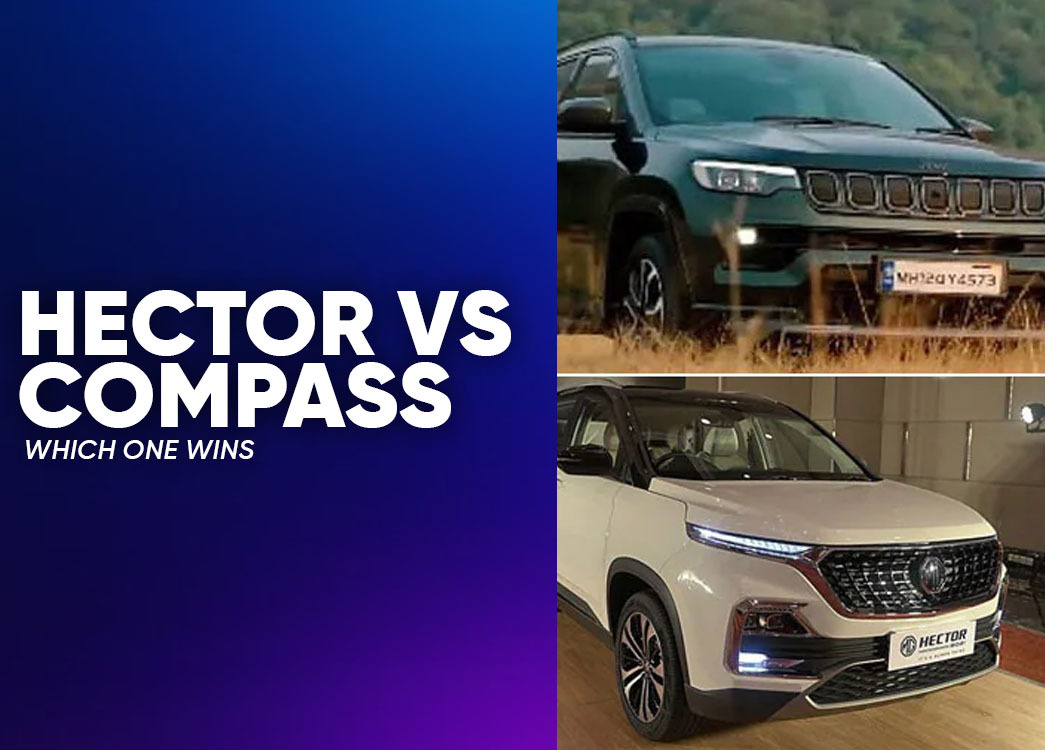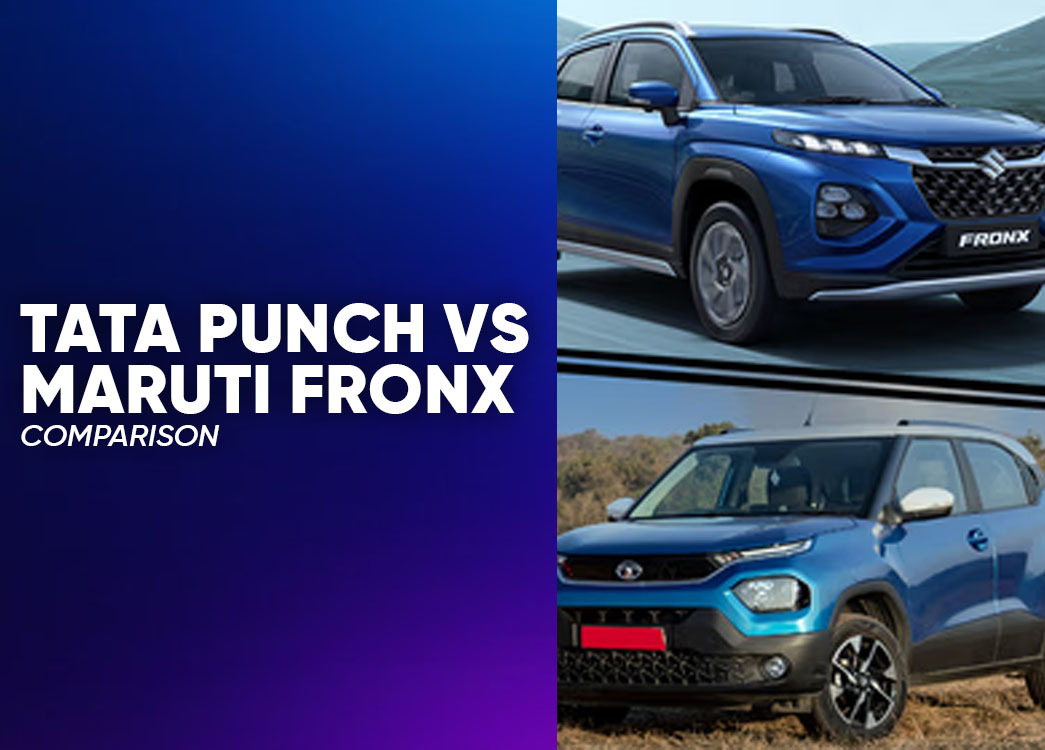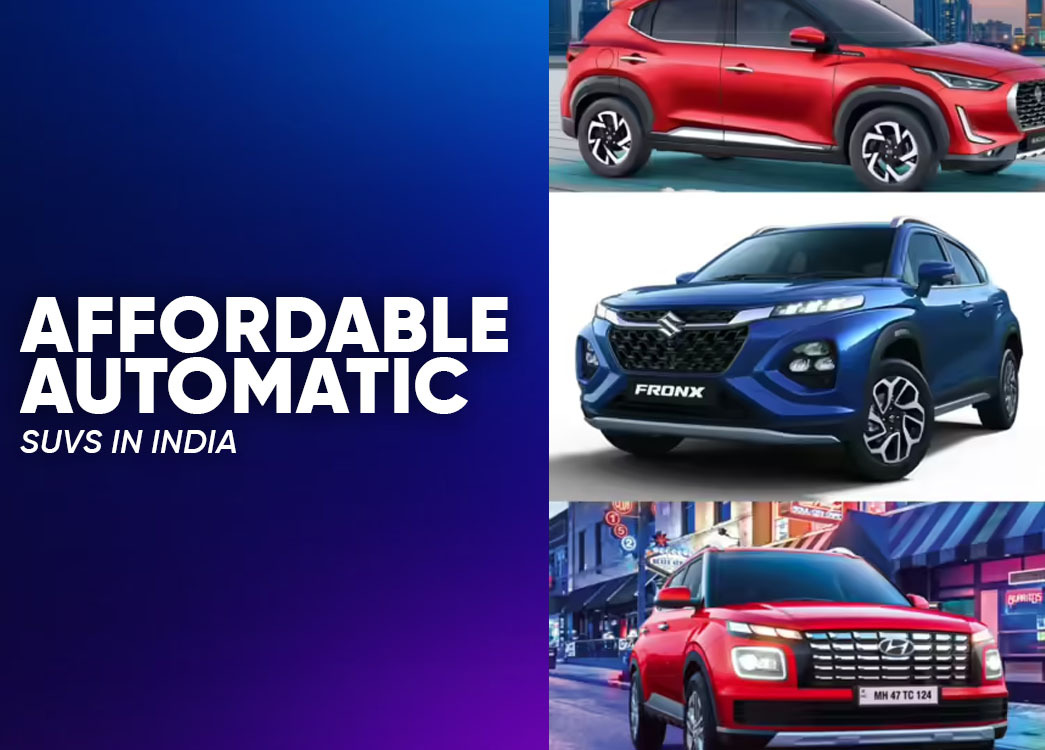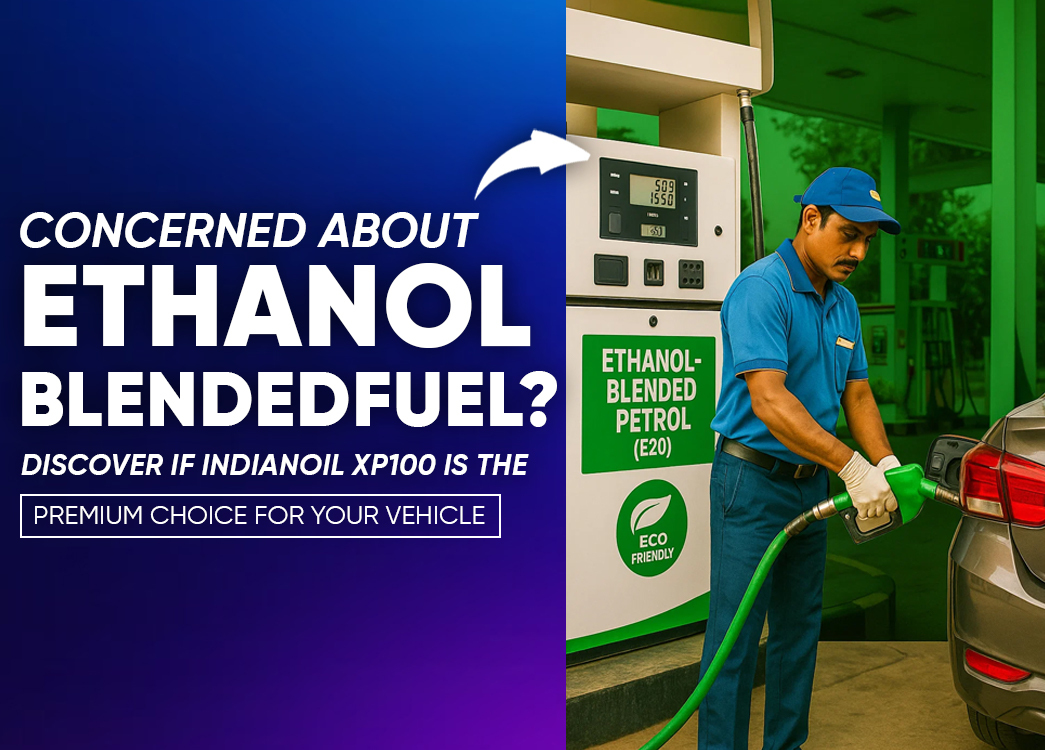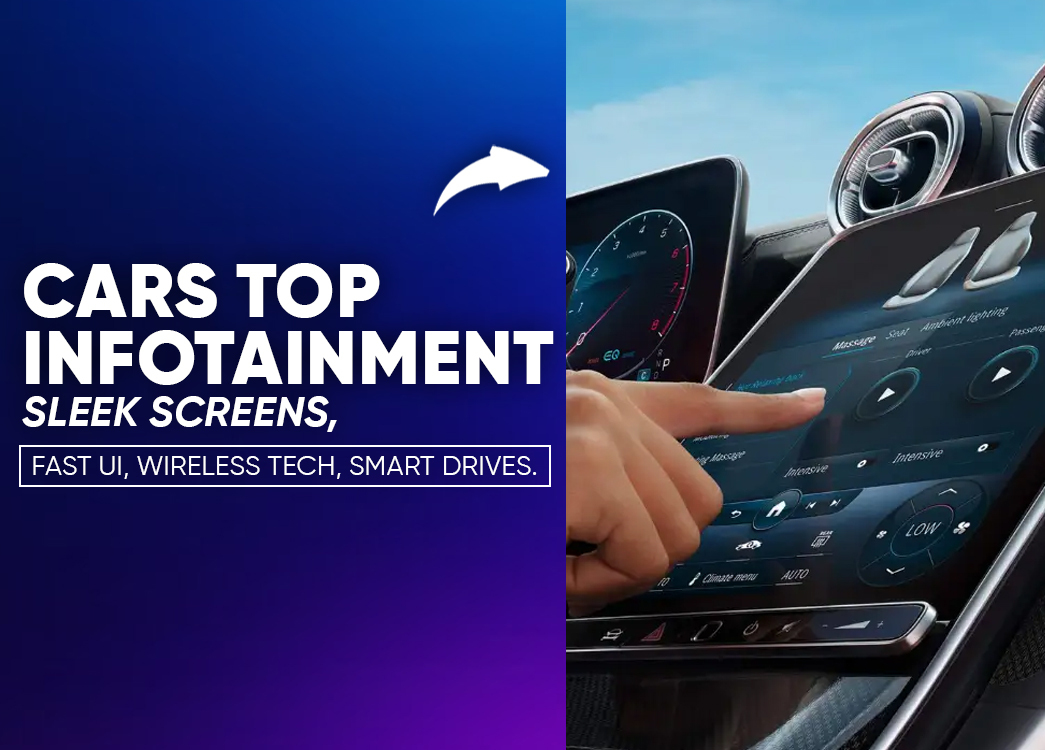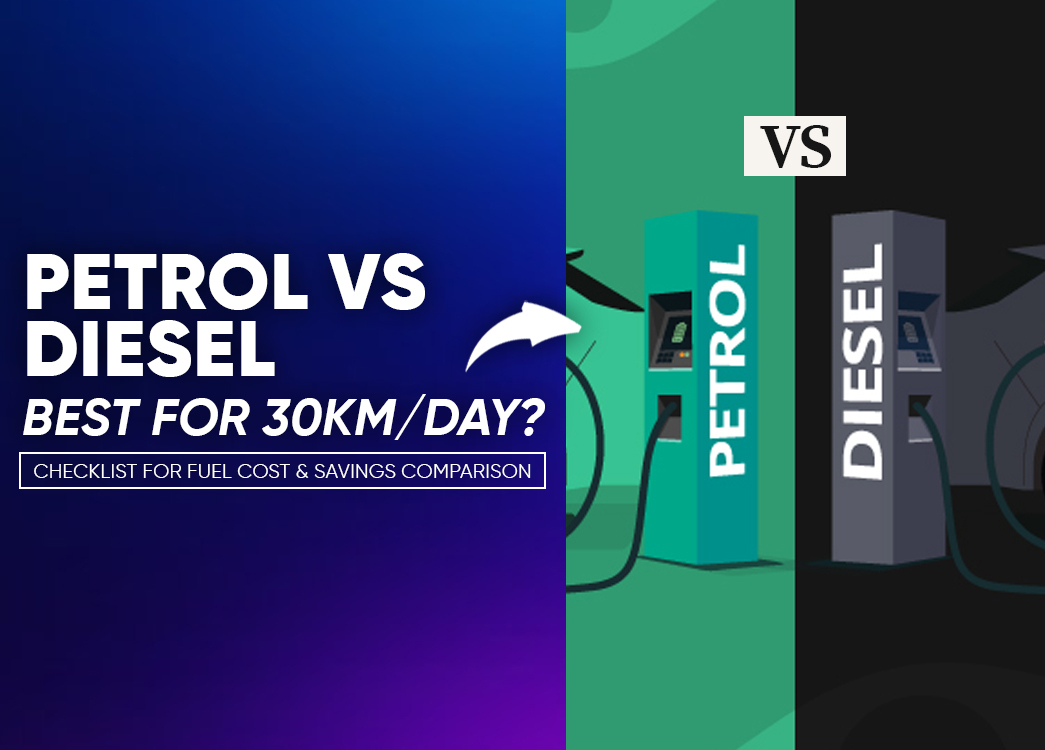
By creckk On 21-07-2025 at 11:12 am
Petrol or Diesel: Which Car is Better for 30KM Daily Driving in 2025?
Understanding the Real Problem
Daily commute of 30 kilometers is not an insignificant number. It adds up to nearly 900 kilometers a month. At this usage level, fuel choice is no longer about preference it’s about long-term cost efficiency, asset optimization, and maintaining operational control over your personal budget.
Let’s Consider Diesel The Logical Performer
Fuel Efficiency: Diesel engines typically deliver between 20 to 25 kmpl, depending on conditions.
Fuel Price Advantage: ₹6 to ₹10 less per litre than petrol.
Per Kilometer Running Cost: ₹4.6 to ₹5.8 on average.
Diesel vehicles have higher upfront costs. Their service and repair cycles are also more demanding. But in long-term ownership, they demonstrate superior efficiency especially for users with consistent high-distance travel patterns. If one intends to retain the vehicle for over five years or expects usage to cross 75,000 kilometers, diesel begins to show measurable savings.
Now Consider Petrol Simpler, Shorter Payback Horizon
Fuel Efficiency: Around 16 to 18 kmpl on average.
Fuel Price: Higher than diesel.
Per Kilometer Cost: ₹6.2 to ₹7.
Petrol-powered cars have a lower initial acquisition cost, reduced maintenance cycles, and better responsiveness in stop-go city traffic. They’re ideal for urban users with moderate daily travel who prioritize ease of ownership and short-term cost stability over long-haul optimization.
Evaluating the Tipping Point
If daily driving exceeds 40-45 km (or monthly usage crosses 1,200 km), diesel becomes a financially justifiable choice. Below that threshold, petrol offers a better balance of investment versus convenience. This assumes standard fuel prices, stable vehicle depreciation, and conservative driving habits.
Don’t Overlook Regulatory and Environmental Context
Diesel vehicles are increasingly scrutinized due to emission norms. With several Indian metros initiating discussions on future bans or tighter regulations, petrol or ideally, hybrid vehicles face fewer ownership risks. Buyers should factor in regional policy movements while making purchase decisions.
Recommendation Summary
Diesel: Choose if your monthly usage is high and you are looking at a long-term ROI of 5+ years.
Petrol: Choose for flexible city usage, shorter ownership horizon, and minimal maintenance involvement.
Final Observation
In 2025, vehicle choice is no longer just about horsepower or aesthetic appeal it’s a function of lifestyle design, cost discipline, and policy awareness. Pick the fuel type that aligns with your actual use-case, not hypothetical assumptions. The numbers don’t lie.
Related posts
